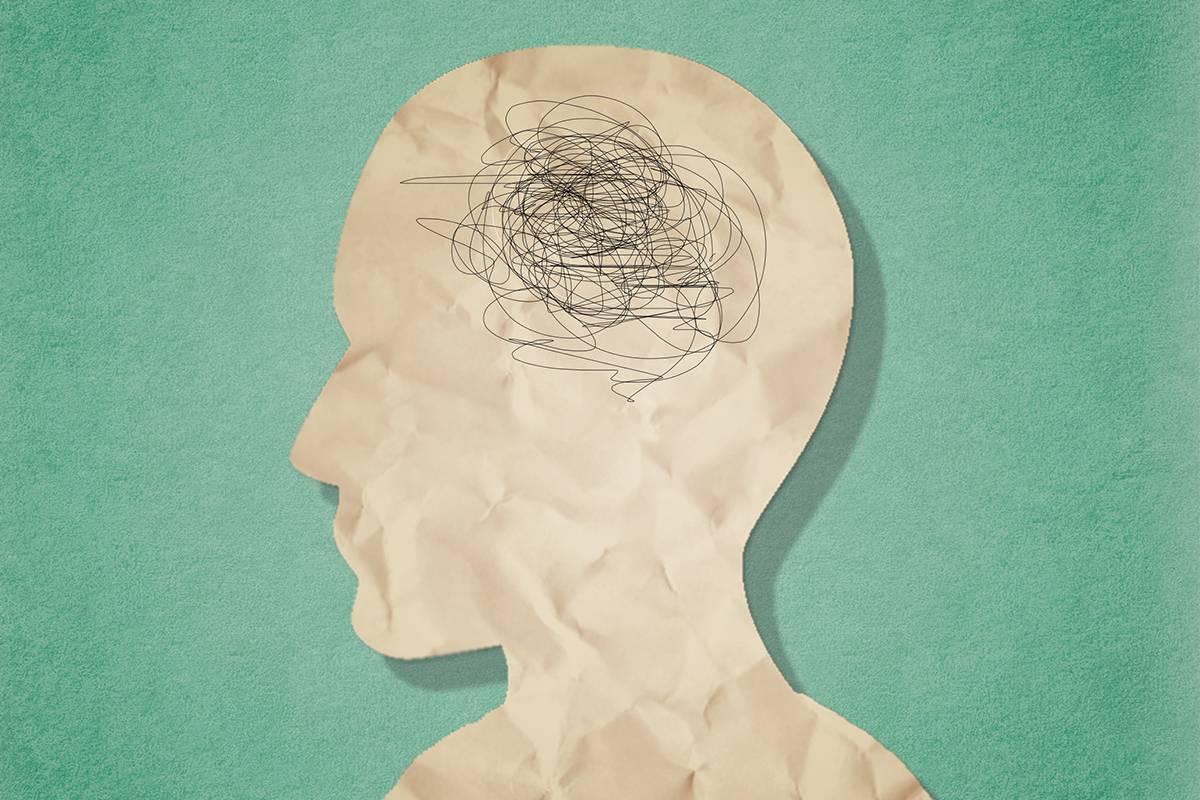Mental health has suffered during the pandemic. Eighteen months in, that’s no longer a revelatory observation; it’s a weary, widely accepted truth. By the end of last year, roughly 42% of American adults were reporting symptoms of anxiety or depression, up from just 11% the year before.
One positive, though: With more symptoms comes more awareness of the issue. As of late, researchers have made an effort to pin down the root of why so many of us are feeling down, unmotivated or ill-focused. Earlier in the pandemic, some sociologists linked the concept of languishing — defined as “a state in which an individual is devoid of positive emotion toward life, and is not functioning well either psychologically or socially” — with the feelings of aimlessness many of us have experienced in 2020 and 2021.
And now, psychiatrists are taking another look at a condition that’s commonly associated with children: ADHD. As reported by The New York Times in response to a reader question, the Attention Deficit Disorder Association saw its membership practically double between 2019 and 2021, while the Children and Adults With Attention-Deficit/Hyperactivity Disorder recently “reported that the highest proportion of people who call their A.D.H.D. help line are adults seeking guidance and resources for themselves.”
It’s little wonder that adults are struggling to focus. The Delta variant is overflowing intensive care units, the country is gripped in a useless debate over the efficacy of a clearly effective vaccine, and workplaces, schools, restaurants and gyms are starting to refine their on-site expectations and opening dates. Meanwhile, employers still expect the same work-product that employees have been turning in since the pandemic began, a tug-of-rope that has fostered more demanding, and more dangerous, working hours.
Could ADHD be making all these matters worse? For some adults, it’s possible. While ADHD is thought to only affect 2.5% of adults, it’s important to keep in mind that 60% of children who experience ADHD are expected to carry it into adulthood. So if an adult today went through childhood undiagnosed (reasonably plausible, considering diagnoses didn’t start to climb until the 1990s), he or she could be operating at an invisible disadvantage.
That said, the miscues that result from that disadvantage are likely highly visible to managers. Various doctors described adult ADHD to the Times as “a disorder of performance” and an inability to nail down “executive function skills … like planning, organizing, time management.” Another said of adults with ADHD: “[They’re] time-blind … They just can’t manage themselves relative to time limits.”
One thing to know: adults cannot develop ADHD out of the blue. If you’re feeling inattentive or unenterprising these days, know that you don’t suddenly have a disorder. For better or worse — perhaps some people would prefer a diagnosis that isn’t the pandemic? — that likely goes back to how you’ve spent the last year and a half. But if you’re really uncertain, and have long identified with some of the symptoms of ADHD (self-doubt, difficulty managing stress, constant fidgeting, and more), use this screening tool or go see an experienced clinician for a test.
The Charge will help you move better, think clearer and stay in the game longer. Subscribe to our wellness newsletter today.


















